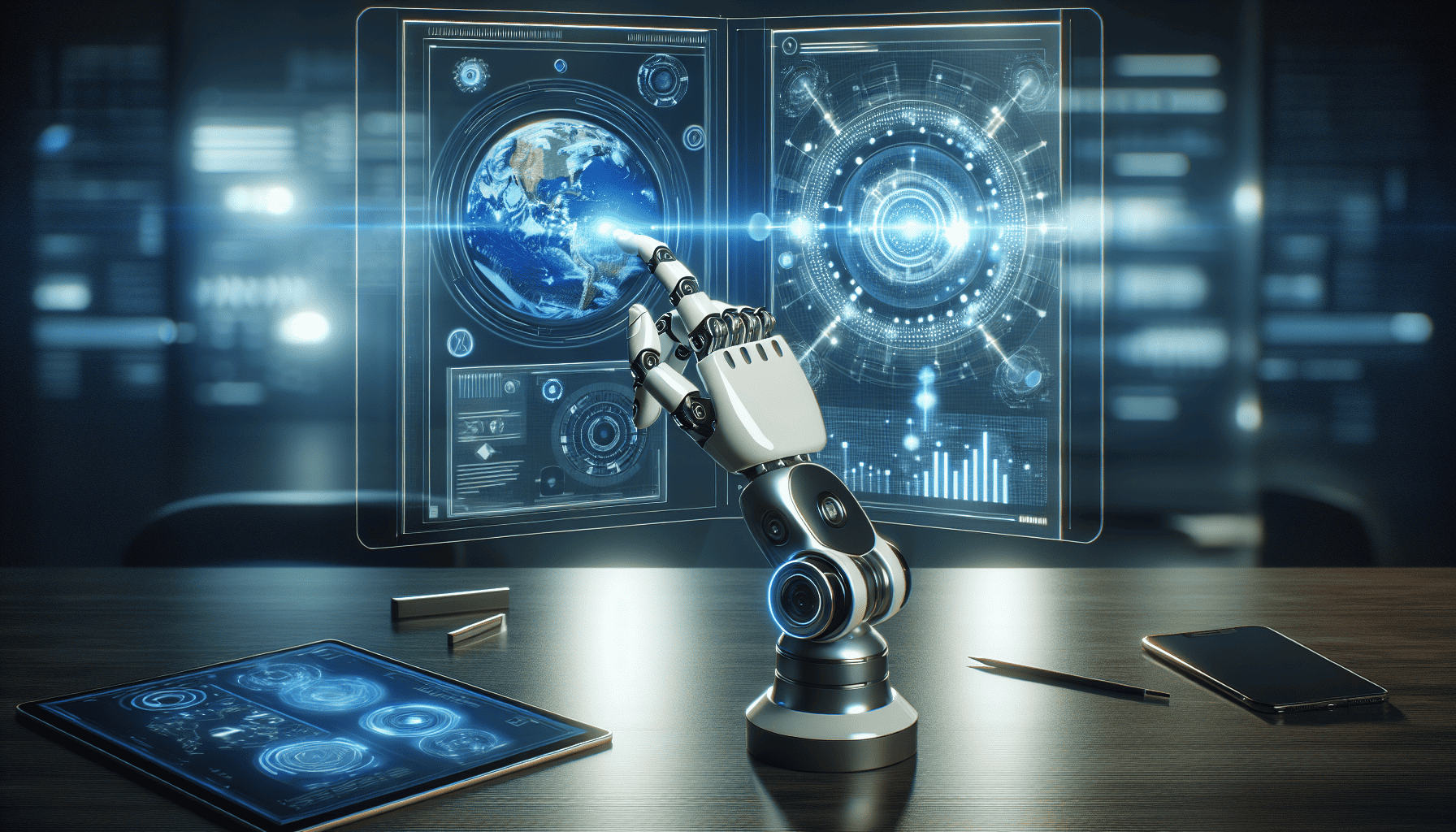Artificial intelligence (AI) and machine learning (ML) are increasingly becoming integral to modern software development, driving a transformative change across various industries. These technologies are not only enhancing the functionality of applications but are also significantly improving user experiences by making software more intuitive, responsive, and efficient.
In healthcare, AI and ML are playing a pivotal role in diagnostic processes, personalized medicine, and patient management. Machine learning algorithms can analyze vast amounts of medical data to identify patterns that might be undetectable to the human eye. This capability is accelerating the pace of diagnostics and aiding in the development of customized treatment plans, thus improving patient outcomes and reducing costs.
The retail industry is another field experiencing AI-driven transformation. With AI and ML, businesses can better analyze consumer data to predict purchasing behaviors, enhance customer service, and optimize pricing strategies. Recommendation systems, powered by these technologies, are now able to provide personalized shopping experiences by suggesting products based on individual preferences and past behaviors, thus increasing customer satisfaction and driving sales.
Finance is yet another sector where AI and machine learning are making a significant impact. From fraud detection and risk assessment to algorithmic trading and personalized banking, these technologies are enabling financial institutions to process data faster and with greater accuracy. By automating routine tasks and providing insightful analytics, AI and ML allow financial professionals to focus on higher-level strategic activities.
In the realm of transportation, AI is central to the development of autonomous vehicles. Machine learning algorithms process immense amounts of data from numerous sensors and cameras to help vehicles navigate complex environments safely and efficiently. This technology not only promises to enhance safety and reduce traffic congestion but also holds the potential to reshape urban planning and logistics.
AI and ML are also redefining the digital landscape in areas such as entertainment and education. In streaming services, machine learning algorithms curate personalized content recommendations, keeping users engaged and satisfied. In education, AI-powered platforms are offering personalized learning paths, allowing students to learn at their own pace and receive instant feedback, thereby enhancing educational outcomes.
One of the key components driving the evolution of AI and machine learning is the availability of large datasets, which allow algorithms to be trained with high fidelity. Coupled with advances in computing power and the proliferation of cloud-based services, these technologies are more accessible than ever before.
However, the integration of AI and machine learning into software development is not without challenges. Concerns about data privacy, algorithmic bias, and the ethical implications of AI systems are significant. As these technologies continue to evolve, stakeholders must address these issues to ensure that AI and ML are implemented responsibly and equitably across all sectors.
In conclusion, AI and machine learning are not just technological advancements; they are transformative forces reshaping the way software is developed and utilized. As industries continue to embrace these technologies, the potential for innovation and improvement in user experiences grows tremendously, paving the way for smarter, more efficient applications that can meet the diverse needs of a global population.
